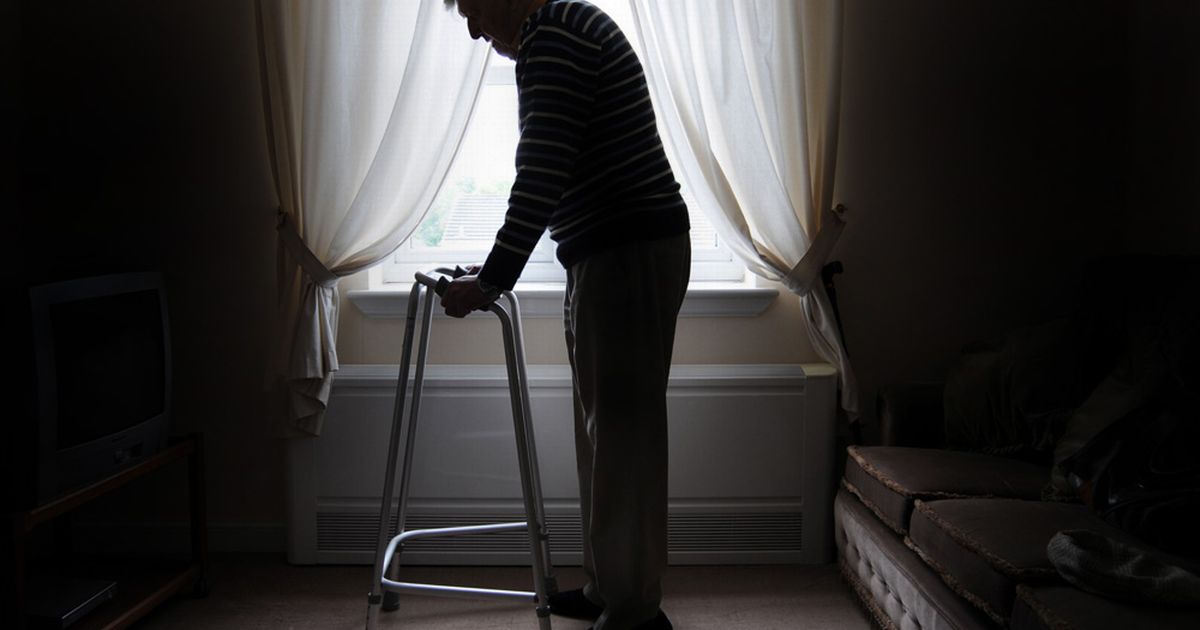KJIPUKTUK (Halifax) – This story tells the reality of sharing an apartment while living on income assistance!
We all know university students and others who share an apartment to save money. However, people on income assistance tend to stay away from this kind of arrangement, no matter how much they could use the savings.
If people on income assistance do live together to save money while not being in a relationship, they find themselves forced to constantly prove to their caseworkers that no, there is nothing romantic going on, and they are NOT a couple.
For others on income assistance living together proves to be much more expensive. In fact, people on social assistance may choose to live separately even while they are in a romantic relationship, because depending on the circumstances living together can negatively affect the amount on their cheques.
One couple who I personally know are cohabiting while receiving income assistance. They pay $650 for their rent, and they pay another $50.00 a month for their power.. They receive $535.00 for their shelter allowance to live together as a couple. Therefore they have to take money out of the remainder of their income assistance allowance to pay rent and power.
If this couple was not living together they would each get their own allowance of $535.00 to pay rent at their own places.
A lot people I talk to who live in poverty tell me the convenience of living with another is one way to decrease their level of social isolation. And if only their income assistance allowance was not affected by living together it would be a way for them to save money.
When Robert Devet was a reporter for Halifax Media Coop he wrote many stories about what happened when two different were in an intimate relationship and got affected negatively.
This article here talks about how a person with a disability got his benefits reduced as a result of his decision to live with an intimate partner who had a job and earned some money.
If these people do choose to live together, for non-romantic companionship and to save a bit of money, they often encounter suspicious caseworkers. In this article Robert Devet writes about two people on income assistance who are strictly in a landlord and tenant relationship were falsely accused by Community Services of being romantically involved.
People on income assistance are discouraged from participating in life’s general dating process which means the system even tries to discourage you from trying to meet someone to maybe engage in a romantic relationship.
Middle and upper class people take these types of relationships and life’s dating processes for granted. Unfortunately, when a couple lives together while receiving income assistance there is nothing that can be taken for granted.
If you can, please support the Nova Scotia Advocate so that it can continue to cover issues such as poverty, racism, exclusion, workers’ rights and the environment in Nova Scotia. A pay wall is not an option, since it would exclude many readers who don’t have any disposable income at all. We rely entirely on one-time donations and a tiny but mighty group of dedicated monthly sustainers.





This article here talks about how a person with a disability got his benefits reduced as a result of his decision to live with an intimate partner who had a job and earned some money. This exactly happened to me